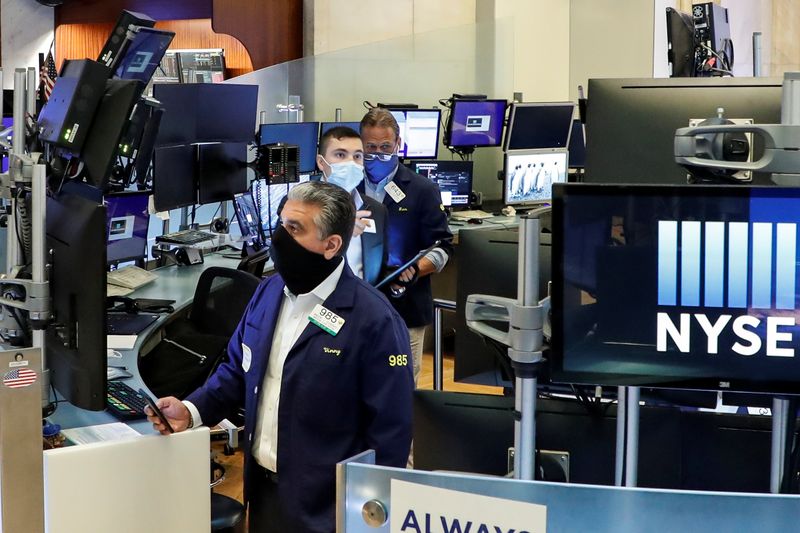By Geoffrey Smith
Investing.com -- Joe Biden takes the U.S. back into the Paris Climate Agreement and the World Health Organization; weekly jobless claims and monthly housing starts data are due; stocks are set to build on record-high closes; the ECB holds its policy meeting and press conference, and oil slips after a surprising build in U.S. inventories. Here’s what you need to know in financial markets on Thursday, January 21st.
1. Biden's first moves
The U.S. will sign up again to the Paris Climate Accord and remain a member of the UN-backed World Health Organization, reversing two big signature policies of the Trump administration.
The executive order to rejoin the Paris agreement paves the way for a broader refocusing of U.S. economic policy that is set to profoundly change the U.S. energy landscape. However, in many ways, it merely cements at official level what U.S. companies are already doing.
Of more practical importance, arguably, is the prospect outlined by the U.S.’s top doctor Anthony Fauci on Wednesday that the U.S. will re-engage with a WHO plan aimed at speeding delivery of Covid-19 vaccines around the world. The WHO has been bitterly critical of the lack of effort made in ensuring access to vaccines in emerging markets which, though poorer, occupy a key place in the global economy.
2. Jobless claims, housing starts due
Biden will get an immediate reality check on the state of the economy with weekly jobless claims data at 8:30 AM ET (1330 GMT), where initial claims for benefits are expected to come down only slightly from last week’s level of 965,000. That was the highest number since August.
Analysts expect initial jobless claims of 910,000 and continuing claims of 5.40 million, up around 130,000 from last week.
At the same time, the first data of the year on housing starts and building permits are due, while a 10-year Treasury note auction may also draw attention.
3. Stocks set to open higher; IBM and Intel eyed
U.S. stocks are set to build on Wednesday’s record high closes when they open later, on optimism about the implications of a free-spending new administration in Washington.
By 6:30 AM ET, Dow Jones futures were up 42 points or 0.1%, while S&P 500 futures were up 0.2%. Nasdaq futures, which enjoyed a particularly strong day on Wednesday thanks to Netflix (NASDAQ:NFLX) and other streaming companies, were up 0.4%.
Intel (NASDAQ:INTC) and IBM (NYSE:IBM) will both report earnings after the close, while Union Pacific (NYSE:UNP), Travelers (NYSE:TRV), Match Group (NASDAQ:MTCH) and Baker Hughes (NYSE:BKR) all report earlier.
4. ECB meets
The European Central Bank will announce the results of its latest policy meeting at 7:45 AM ET (12:45 GMT). No changes to policy are expected, given that the bank already presented a multi-faceted easing package at its last meeting in December.
Attention will focus on President Christine Lagarde’s comments at her virtual press conference, with particular interest on anything she might say about Italy. Italy’s bond spreads have widened only moderately in recent weeks despite the latest political crisis, which has left the country’s government without a majority in parliament.
Earlier, the Norwegian central bank hinted that it may want to raise interest rates toward the end of this year. The Norwegian economy has weathered the Covid crisis better than most, helped by its low population density and well-funded healthcare system.
5. Oil prices slip after inventory shock
Crude oil prices slipped overnight from 11-month highs after data from the American Petroleum Institute showed a surprising increase in U.S. crude inventories last week.
By 6:30 AM ET, U.S. Crude futures were down 0.7% at $52.92 a barrel, while Brent crude futures were down 0.8% at $55.63.
The API had said crude inventories rose by 2.56 million barrels last week. Official data from the government are due on Friday, delayed this week by the Martin Luther King day holiday and the inauguration.
